The ruling CPN-UML has stirred fresh political debate by reversing its position on the controversial "cooling-off period" in the Federal Civil Service Bill. Despite earlier agreement in the House of Representatives to include a two-year restriction for government employees before they can take political appointments after retirement, the UML has now proposed scrapping the provision entirely in the National Assembly.
The proposal to remove the cooling-off period was formally registered by UML Chief Whip Gopal Bhattarai. However, coalition partner Nepali Congress (NC), along with opposition parties CPN (Maoist Center) and CPN (Unified Socialist), are all in favor of keeping the provision in place.
The Maoist Center has proposed extending the restriction to three years, while the NC supports keeping it at two years. The Unified Socialist party also backs the two-year rule but has suggested removing the confusing term “except” from the clause, which critics say creates ambiguity.
A total of 16 amendment proposals to the bill were filed before Friday’s 72-hour deadline. The issue has been brought to the forefront by a contradiction between two pivotal clauses of the bill, Clause 82(4) and Clause 82(5). The conflict between the two clauses has led to confusion as to whether the cooling-off period is even applicable.
Initially, UML was opposed to any cooling-off period and suggested a one-year limit. But after negotiating with coalition partners in a State Affairs and Good Governance Committee meeting, they settled on a two-year duration, and the bill was approved by the House.
The matter resurfaced when Clause 82(5), which specifically states the two-year ban, was found to be inconsistent with Clause 82(4), which offers some exceptions. The uncertainty of the use of the word "except" in the language has caused legal concerns, with it being viewed by most as watering down the ban.
UML lawmakers Padam Giri, Krishna Gopal Shrestha, and Rajendra Rai accused committee chairman Ramhari Khatiwada of tampering with the provision and demanded accountability. A parliamentary investigation led by NC lawmaker Jeevan Pariyar is now examining how the clause changed after the bill passed.
The controversy surrounding the cooling-off period raises bigger issues of political interference in public administration and the separation of politics from bureaucracy. The conclusions of the inquiry and the final decision of the National Assembly will set an important precedent for Nepal's civil service administration.

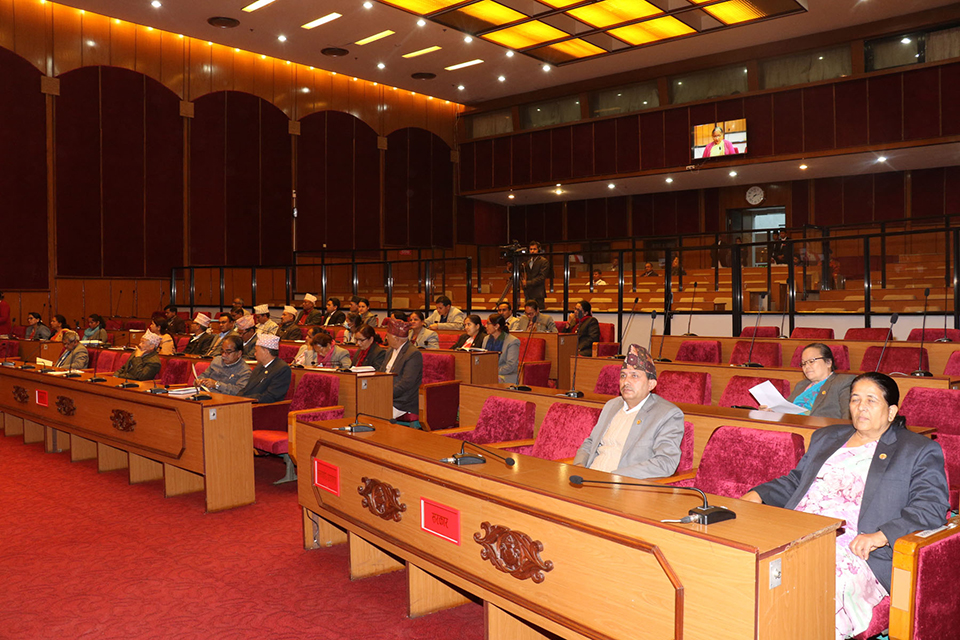




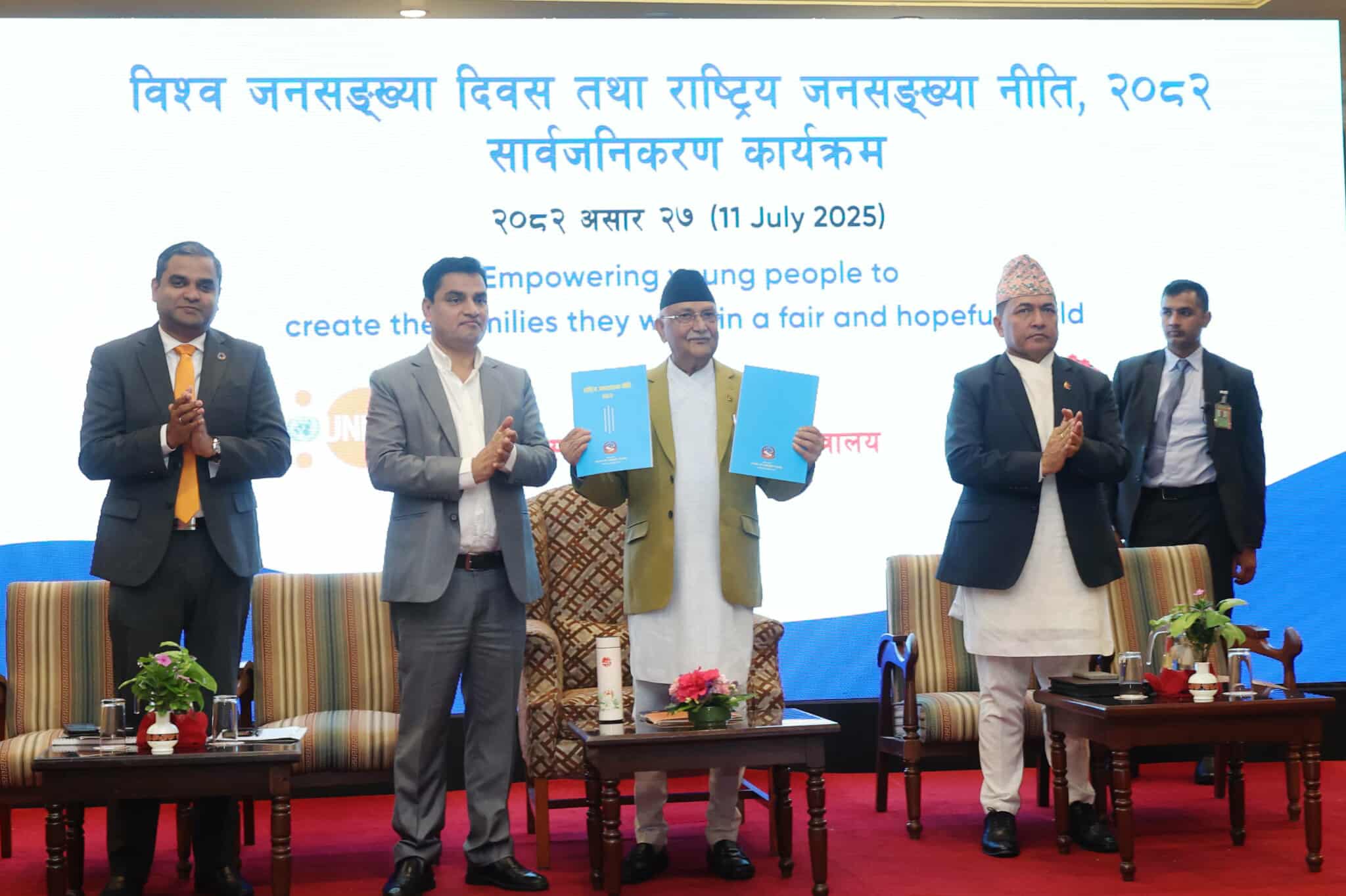
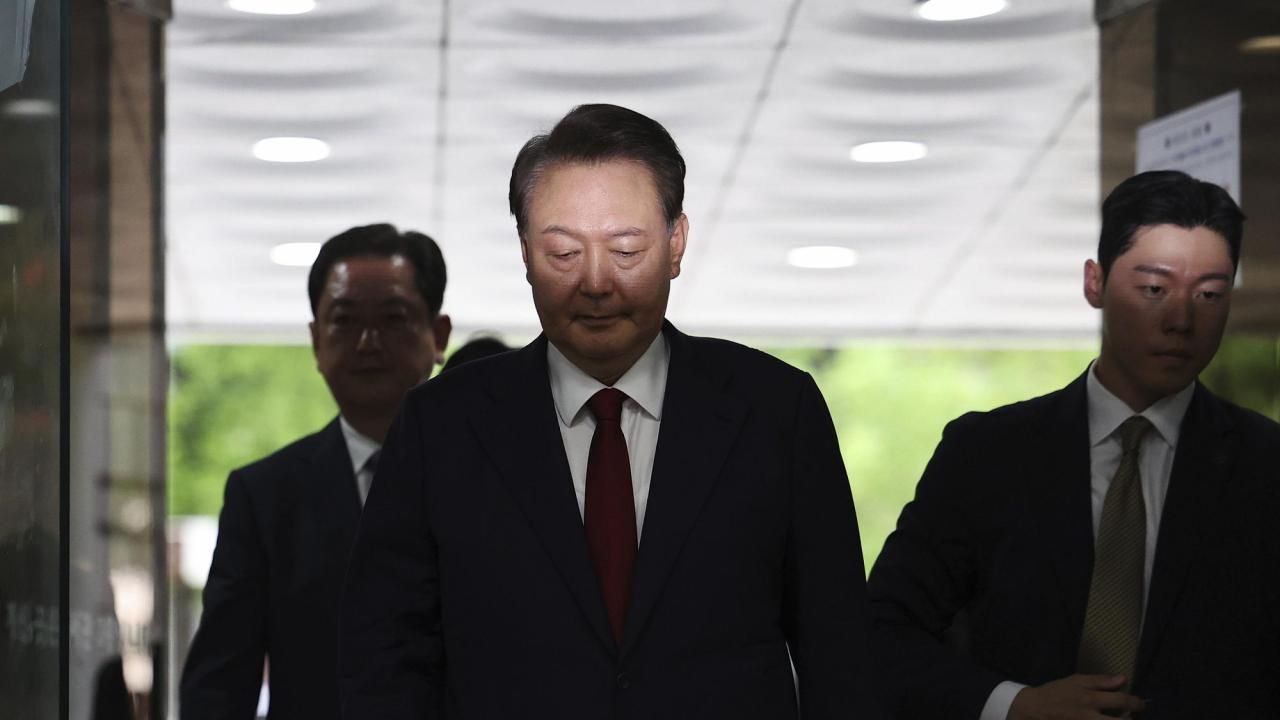

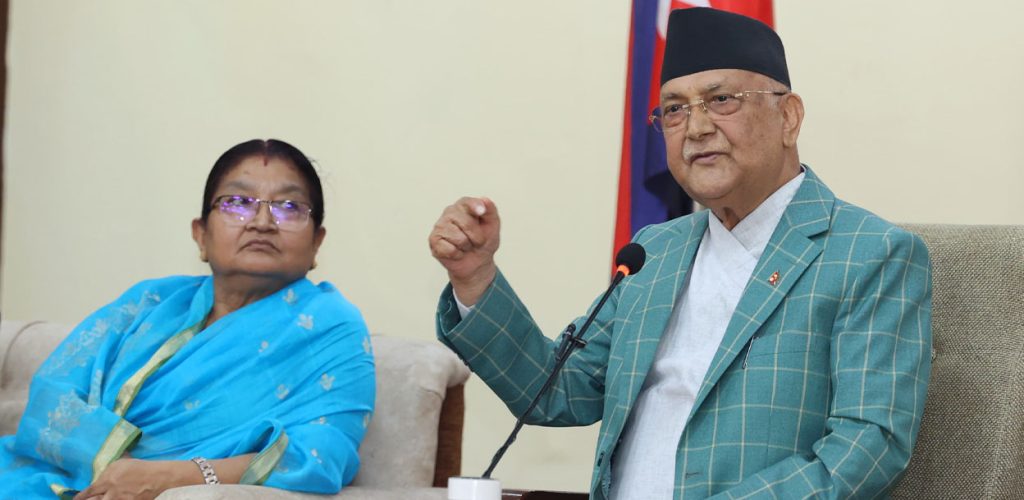
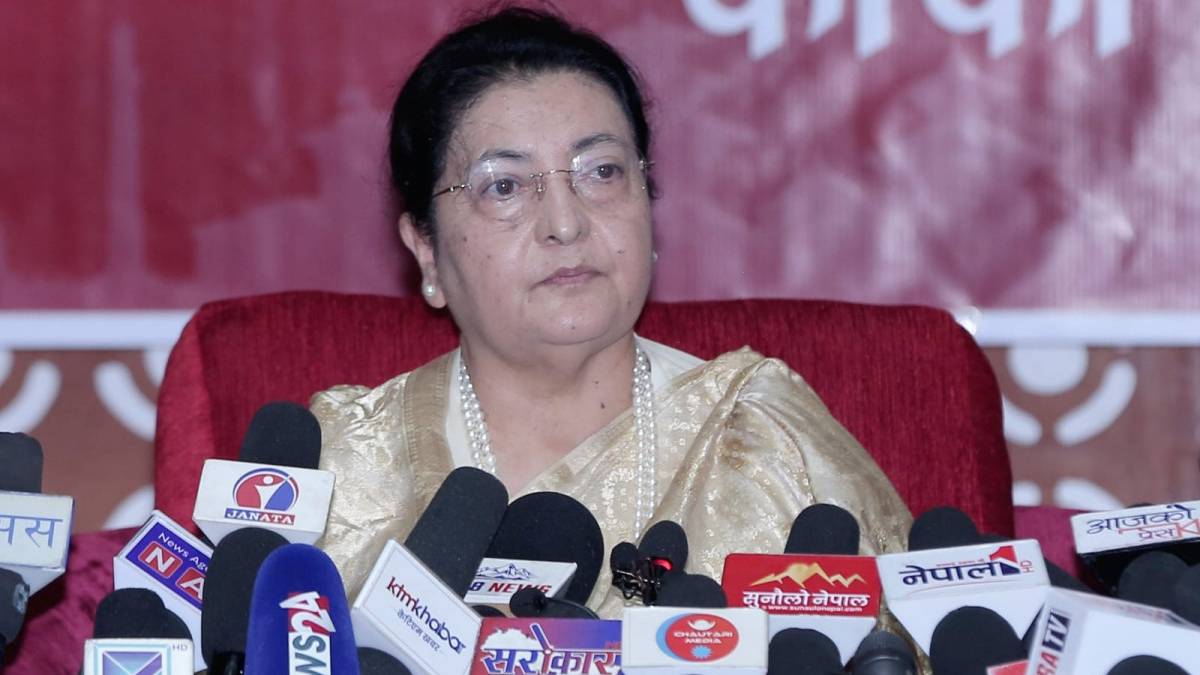
.jpg)
.jpg)
.jpg)
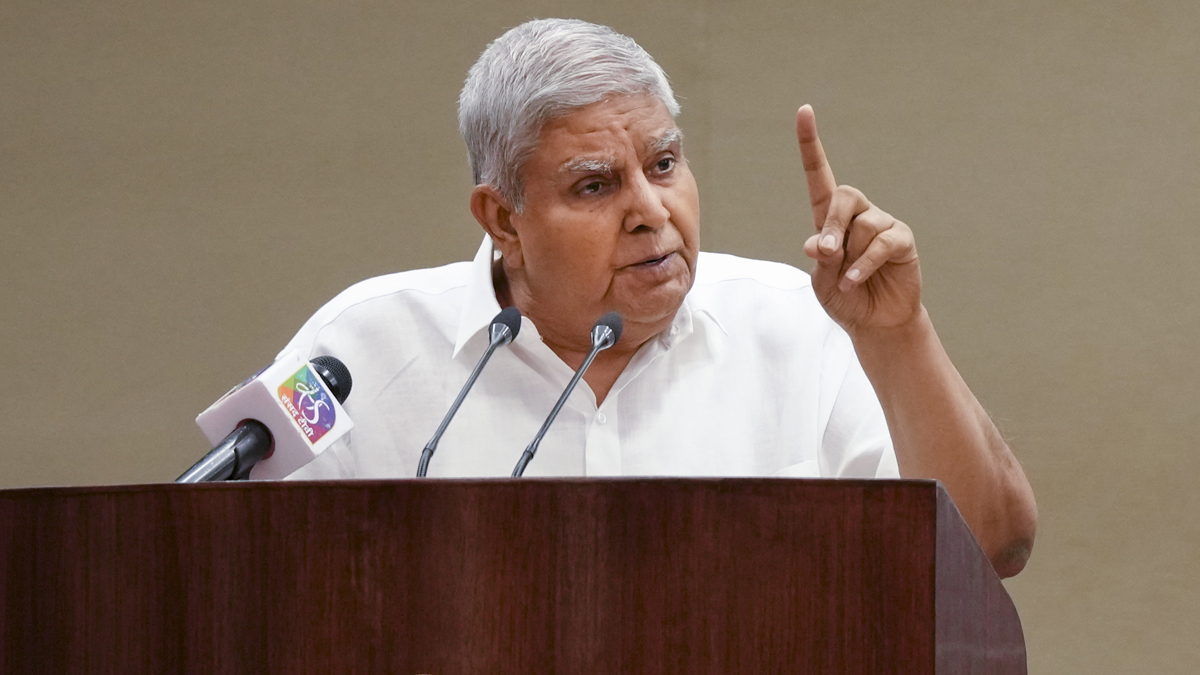
.jpg)
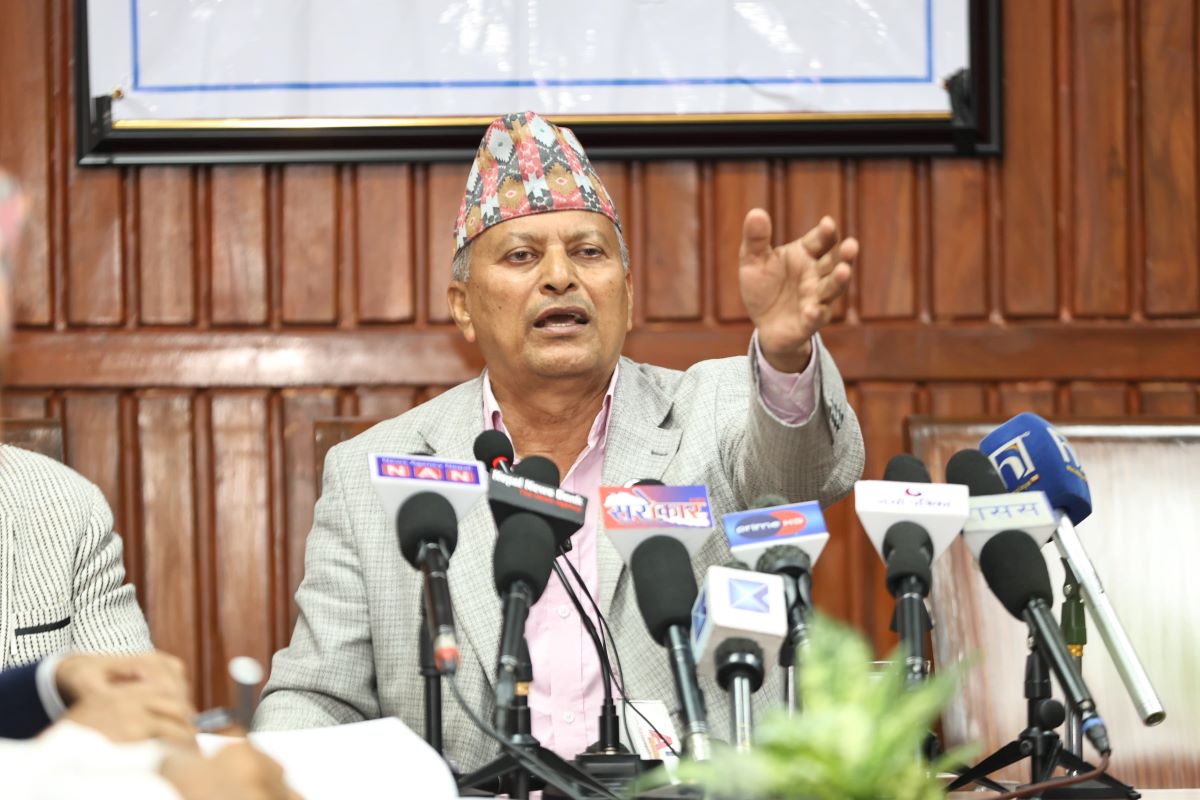
.jpeg)
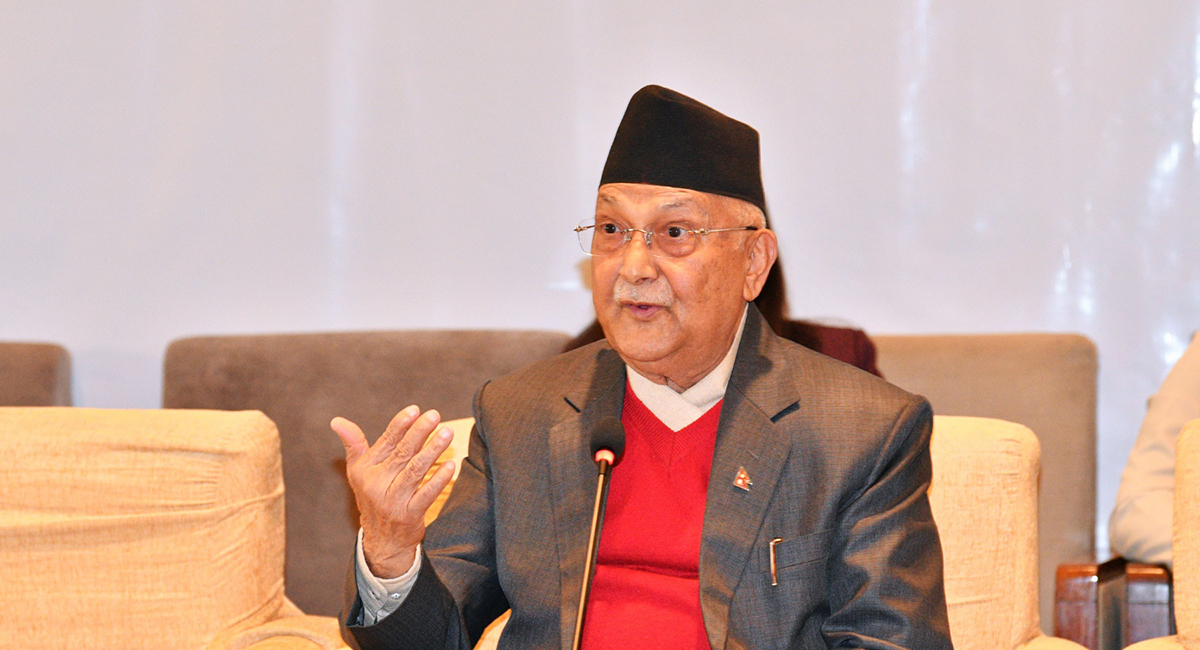
.jpeg)
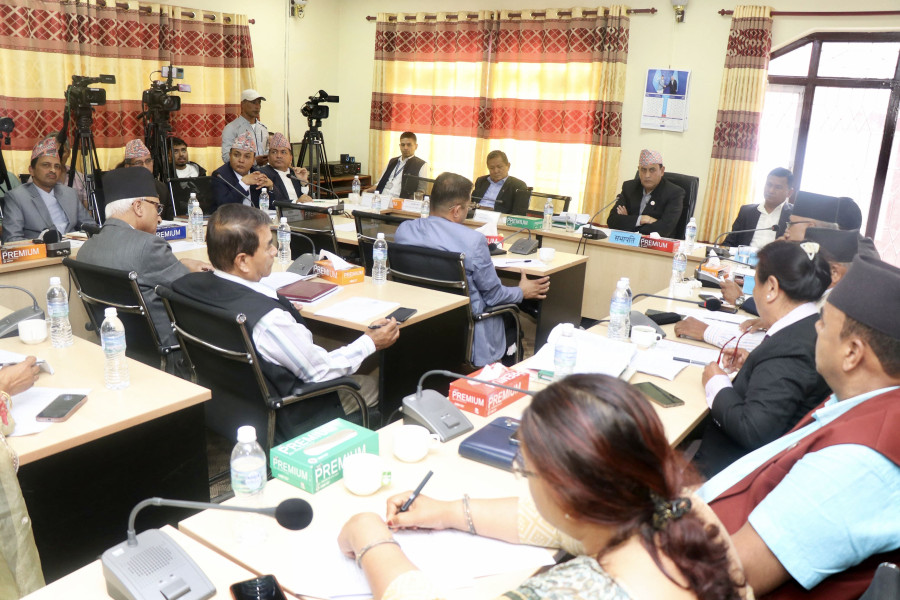
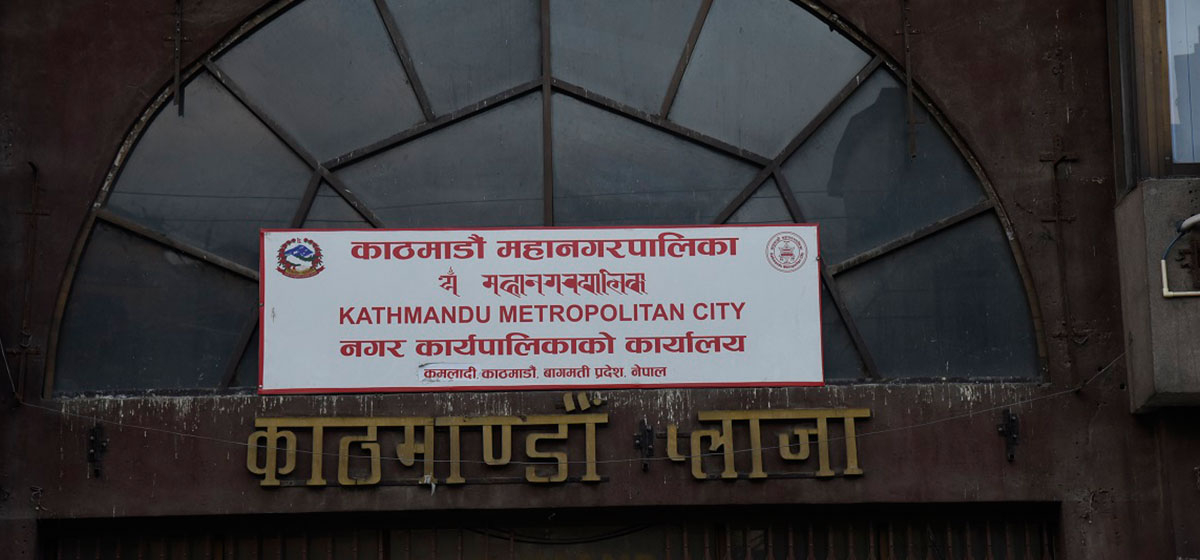
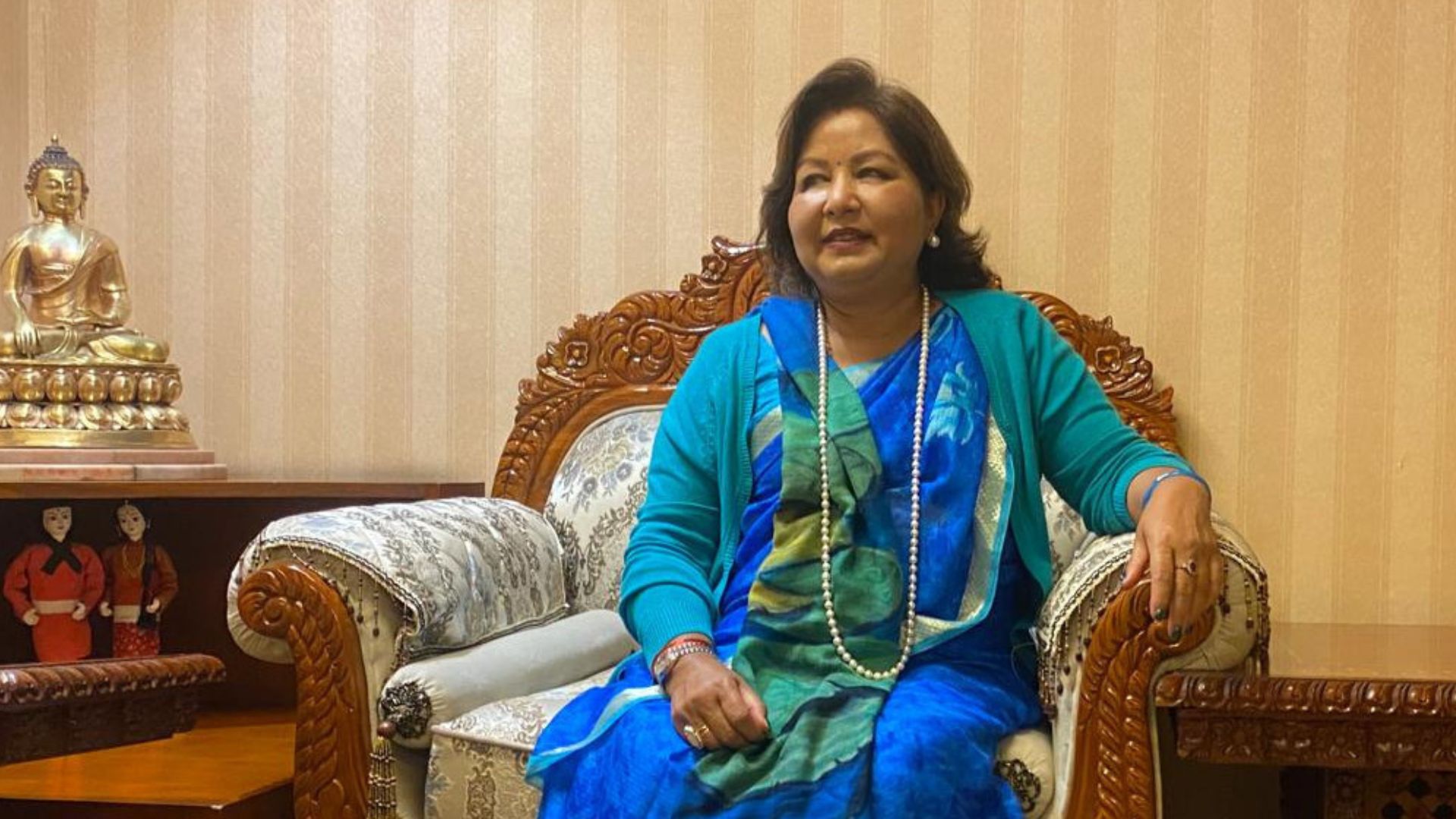
%20House%20of%20Representatives.jpg)
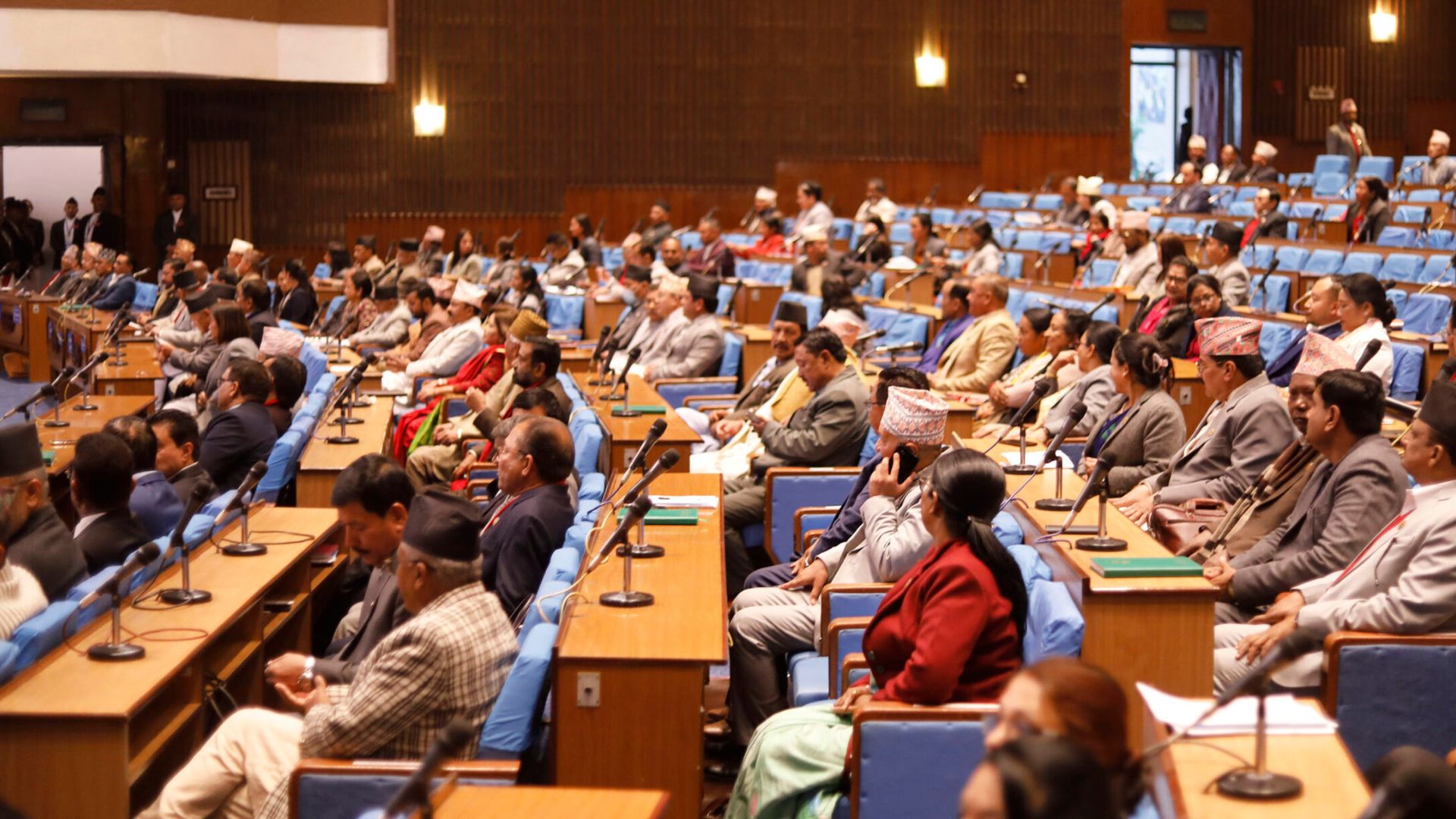
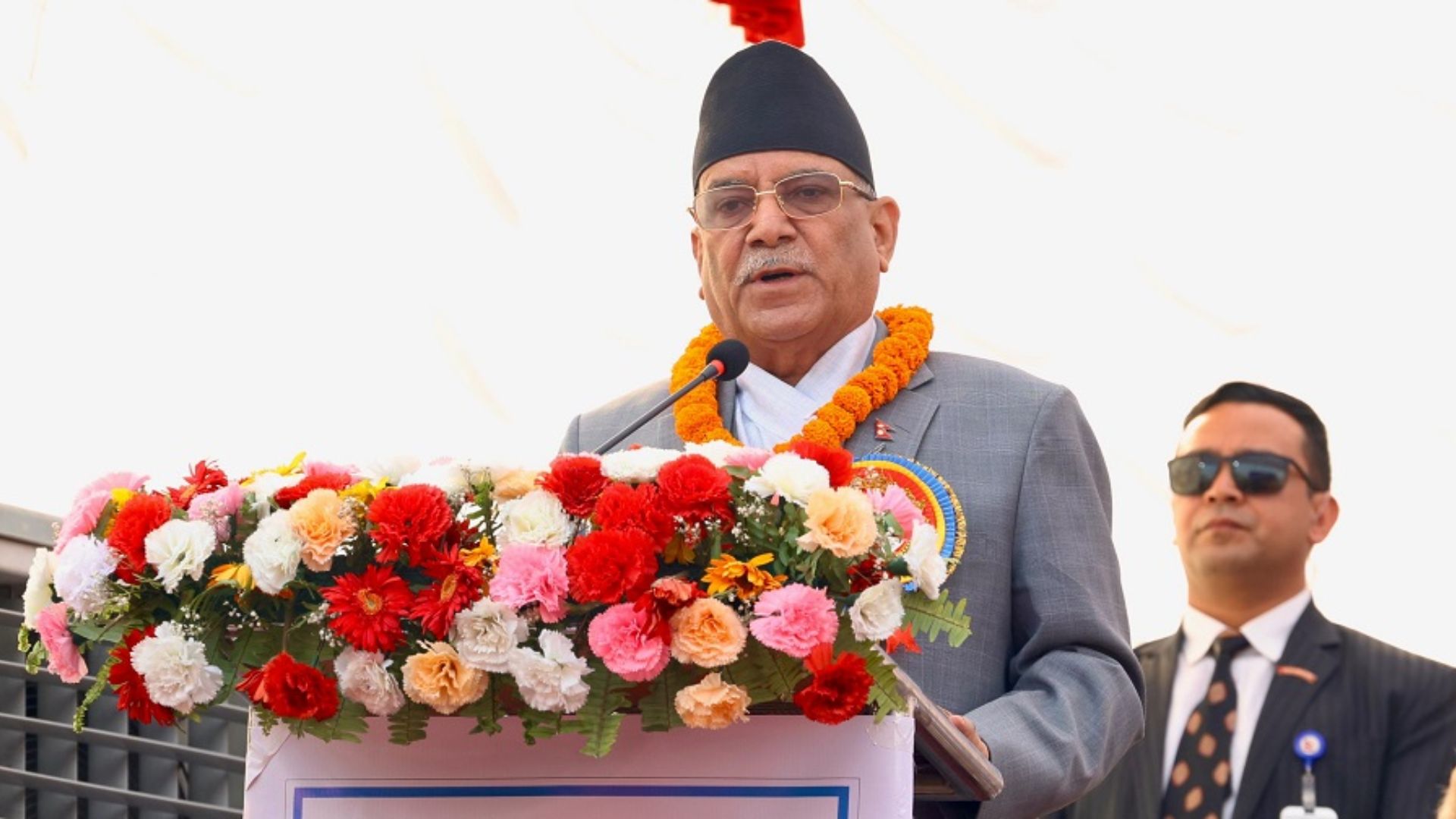
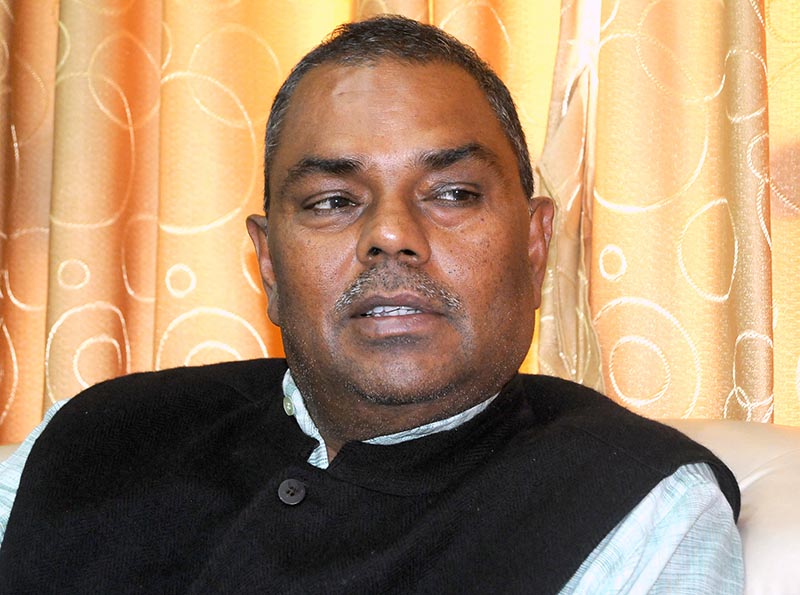
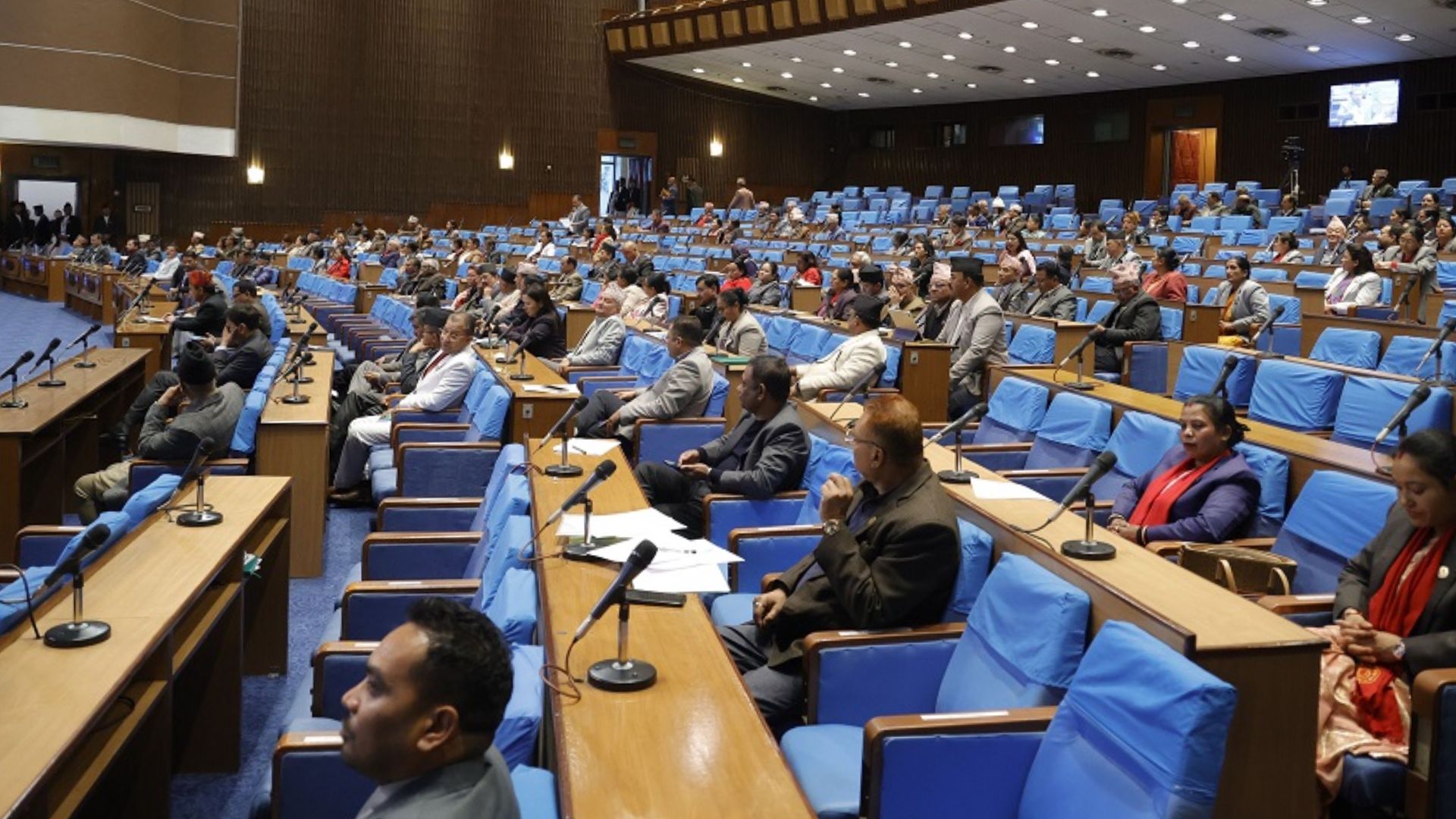
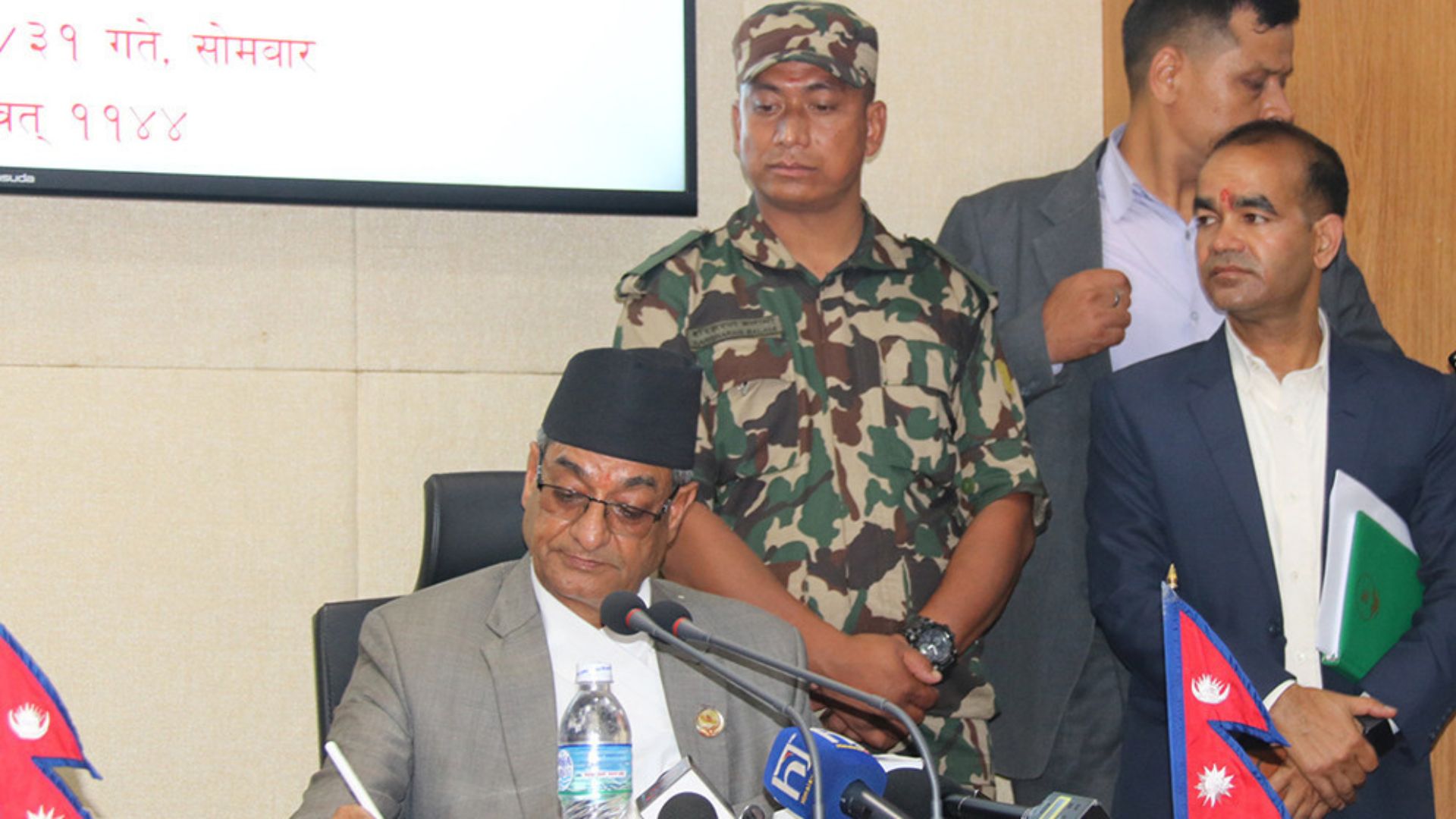

.jpg)